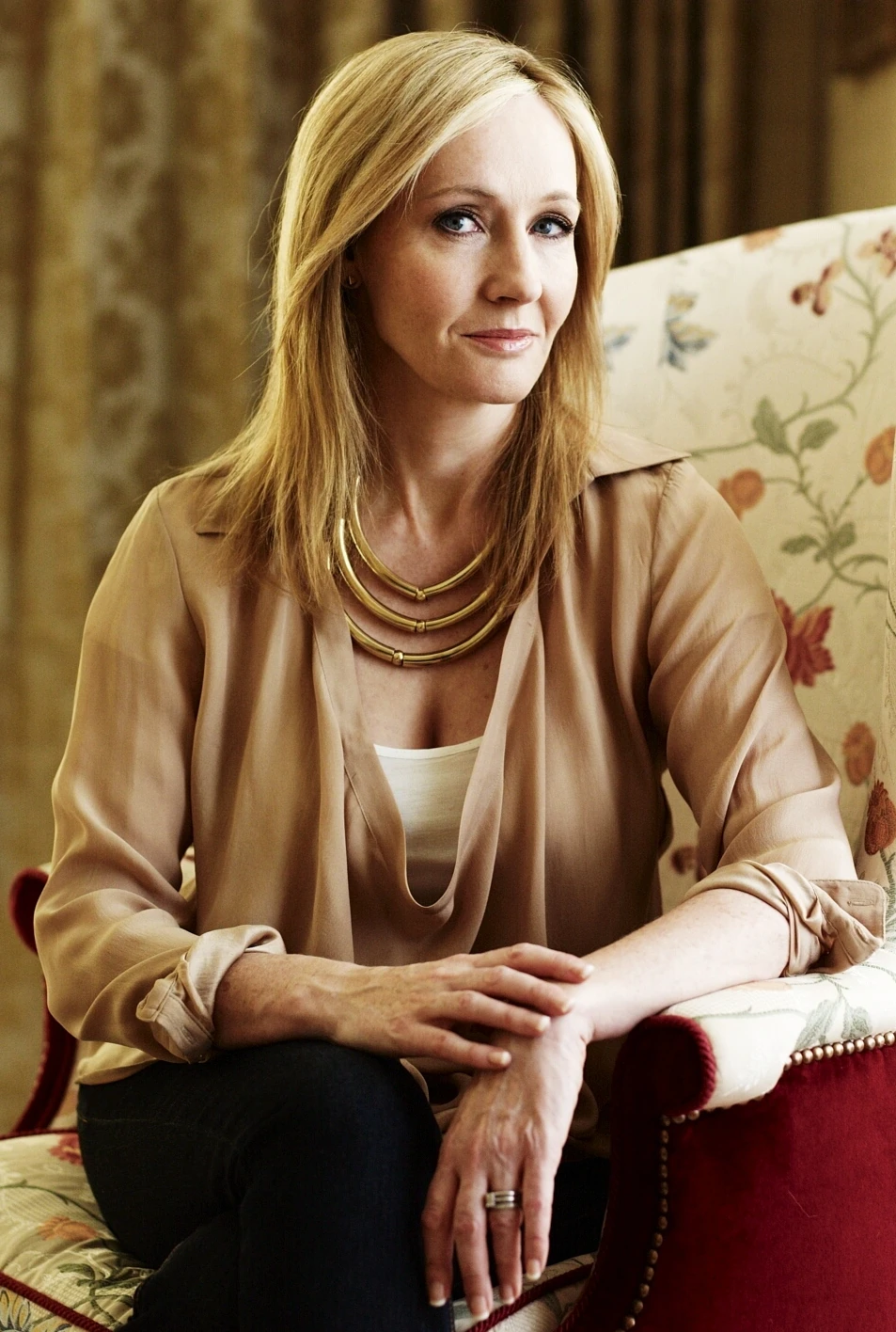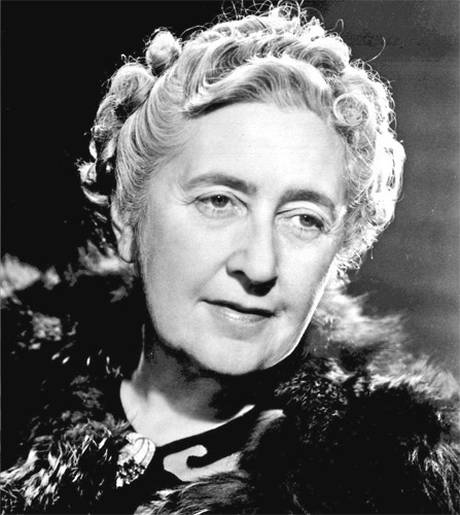Guest post: 'World's Most Famous Literary "Rejects"' by Lisa Fray
I'm incredibly happy to welcome Lisa Fray back for another fun guest post. As some of you may remember, she has submitted two prior guest posts to A Universe in Words, which looked at whether books make us better people and intrusive authors and authenticity. I really like today's topic as well and I hope you do to!
 If you are a writer who is fast becoming anxious about sending your first manuscript to a publisher, fearing they may not be interested, take heart; the best of the best have all suffered rejection from publishers, making evident what we know to be true: the appreciation of all art is subjective… and even the very best publisher, can have an uninspired day. A writer’s vision, too, can be difficult to appreciate, especially when it is revolutionary. Some editors are just not ready for truly ground breaking work, so it is important to keep trying until you find someone who finds magic, inspiration, and art, in your words.
If you are a writer who is fast becoming anxious about sending your first manuscript to a publisher, fearing they may not be interested, take heart; the best of the best have all suffered rejection from publishers, making evident what we know to be true: the appreciation of all art is subjective… and even the very best publisher, can have an uninspired day. A writer’s vision, too, can be difficult to appreciate, especially when it is revolutionary. Some editors are just not ready for truly ground breaking work, so it is important to keep trying until you find someone who finds magic, inspiration, and art, in your words.
World’s Most Famous Literary ‘Rejects’
 If you are a writer who is fast becoming anxious about sending your first manuscript to a publisher, fearing they may not be interested, take heart; the best of the best have all suffered rejection from publishers, making evident what we know to be true: the appreciation of all art is subjective… and even the very best publisher, can have an uninspired day. A writer’s vision, too, can be difficult to appreciate, especially when it is revolutionary. Some editors are just not ready for truly ground breaking work, so it is important to keep trying until you find someone who finds magic, inspiration, and art, in your words.
If you are a writer who is fast becoming anxious about sending your first manuscript to a publisher, fearing they may not be interested, take heart; the best of the best have all suffered rejection from publishers, making evident what we know to be true: the appreciation of all art is subjective… and even the very best publisher, can have an uninspired day. A writer’s vision, too, can be difficult to appreciate, especially when it is revolutionary. Some editors are just not ready for truly ground breaking work, so it is important to keep trying until you find someone who finds magic, inspiration, and art, in your words.
One of the world’s most famous rejected writers, is none other than J.K. Rowling. Millions of readers would stop at nothing short of stating that Harry Potter and the Philosopher’s Stone is the best book they have read. The entire series holds a unique appeal to children and adults alike and touches on all major themes – power, corruption, class structures, etc. Because young Harry is such an ‘underdog’, the book has also served as inspiration for youths who are struggling against powerful issues such as addiction, depression and eating disorders. Interestingly, Harry Potter actor, Evanna Lynch, credited JK Rowling with helping her overcome a powerful eating disorder, thanks to her inspiring work and her letters of encouragement. Rowling, she says, explained that self-destructive behaviour is the antithesis of creativity, and the brave thing is not to succumb. Later, Rowling would delve further into self destruction in The Casual Vacancy, the harrowing story about a single mom who is also a prostitute and heroin addict. The author would never have been able to broach such serious issues or make such a difference to the lives of her readers, if she had paid heed to the eight publishers who originally rejected Harry Potter and the Philosopher’s Stone. Interestingly, this book was only published because the eight-year-old daughter of a Bloomsbury editor chanced upon the manuscript and asked to read the rest of it. The editor agreed to publish it but warned Rowling “not to quit her day job,” since she had no hope of making a decent living by writing children’s books.
Agatha Christie was another female author who had to brave rejections for five years before her famous mystery stories were published. Her books have garnered her in excess of $2 billion dollars and her most famous character, Hercule Poirot, plays an important role in our literary and film memory bank. Christie’s first ever published book was The Mysterious Affair at Styles; it introduced us to Detective Poirot, who made an appearance in 33 novels and 54 short stories. Frontier story writer, Lous L’Amour was just as persistent as Christie; he received a whopping 200 rejections before Bantam decided to publish his book – a move that paid off, since the company made $330 million in sales!
Some literary rejections have been very scathing indeed; take the letter written by a publisher to Zane Grey: the so-called ‘father of the Western novel’; “You have no business being a writer and should give up,” stated the not-so-subtle letter, sparking Grey to publish his own manuscript. Total sales for works by Grey amount to over €250 million, and over 100 films have been based on his books. It is a great pity that Herman Melville did not enjoy the same success; Moby Dick, described as “very long and old-fashioned” by a publisher, was eventually printed, yet only 27 copies on average were sold every year. Melville made a little more than €1,260 for his most famed novel!
One of the most inspiring stories is that of James Joyce, whose Dubliners was rejected by publishers 18 times. One publisher agreed to print the novel, on the proviso that certain lines were removed. Joyce reluctantly agreed, but the publisher, Grant Richards, reneged on the agreement, leaving Joyce desperate to find another publisher. Another company initially accepted Joyce’s terms, then refused to go through with the deal and threatened to sue the writer for costs incurred. Joyce begged to have the manuscript back, only to find that the vengeful printers had burned it. He managed to find one last copy by luck, and in 1914 Grant Richards once again agreed to publish the book, today considered one of Joyce’s very best.
The list of famous authors whose works were simply not appreciated is vast and includes Robert M. Pirsig (Zen & the Art of Motorcycle Maintenance), Jack London (The Call of the Wind) and H.G. Wells (The War of the Worlds). Sometimes, perseverance is all it takes… and undying belief in the value of one’s words.





Comments
Post a Comment